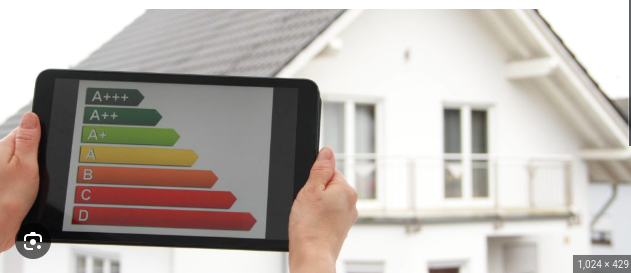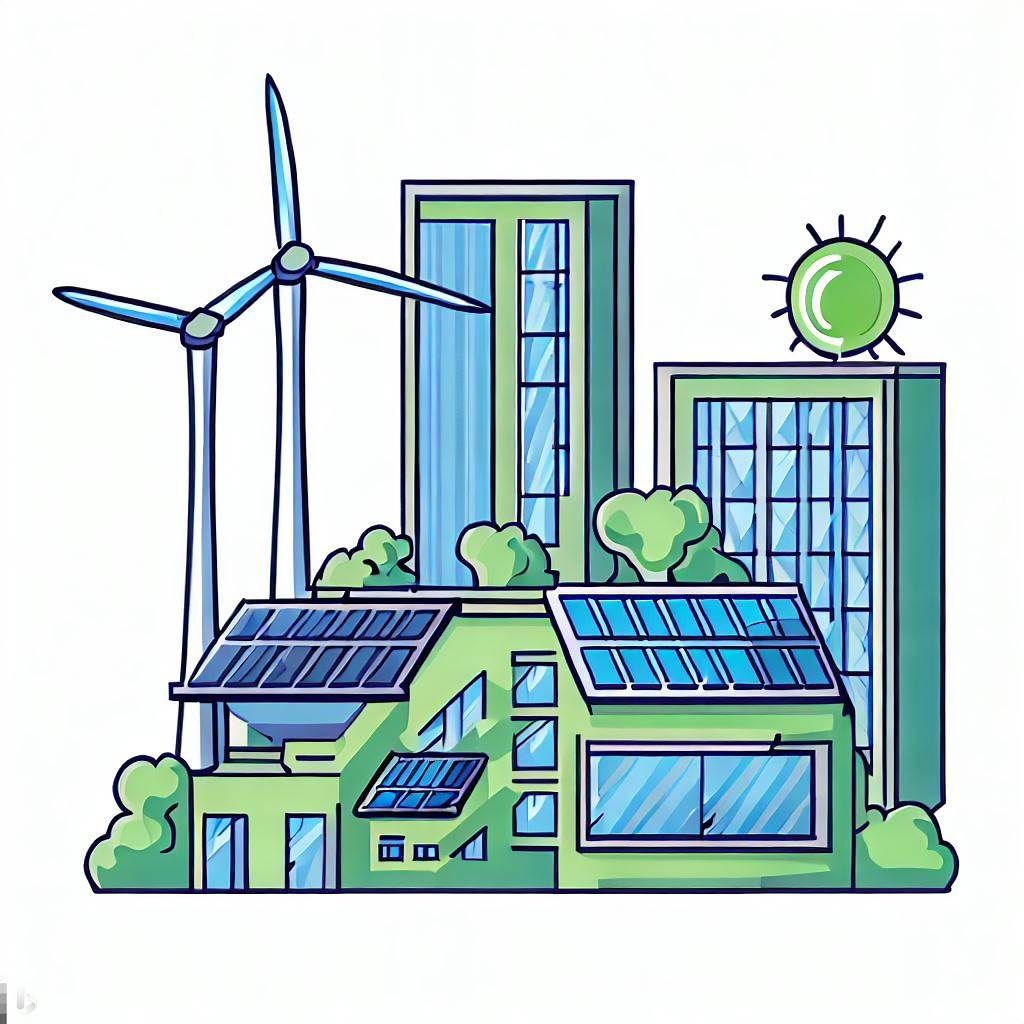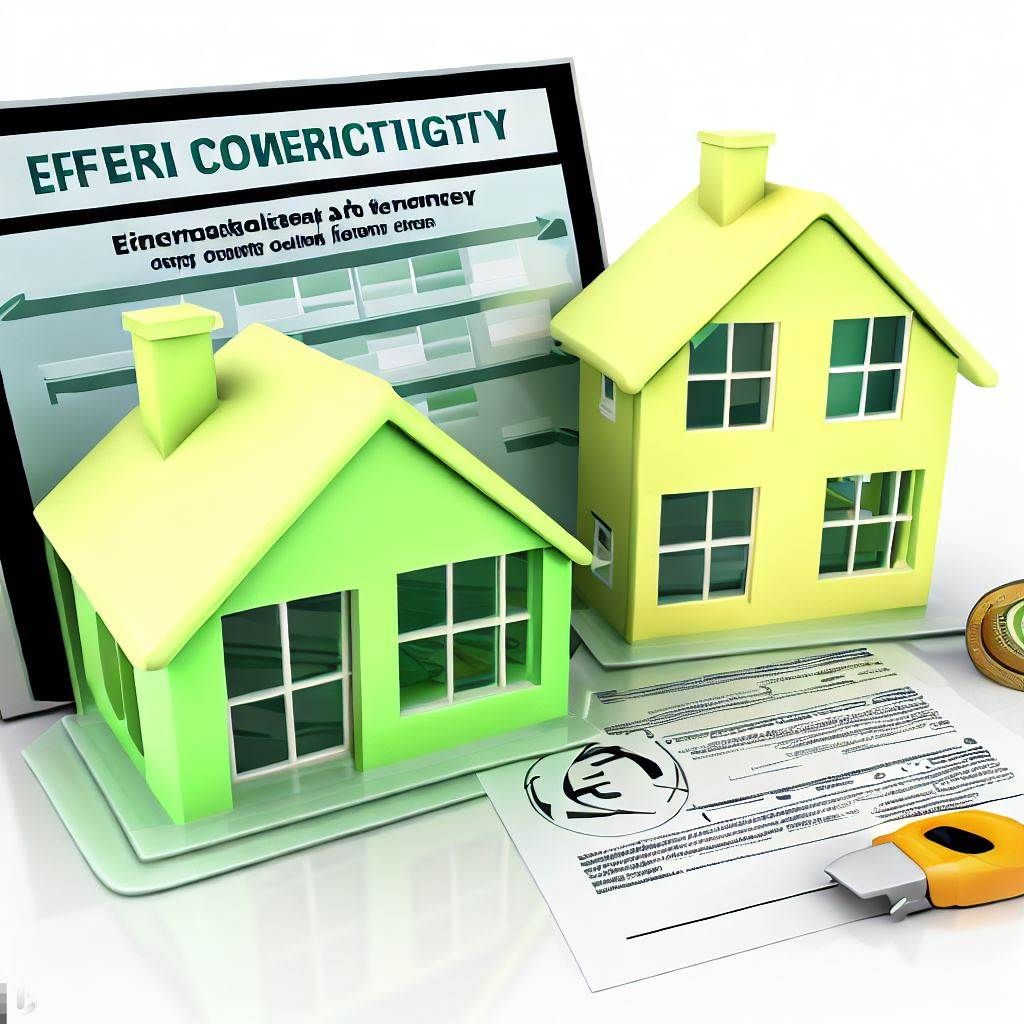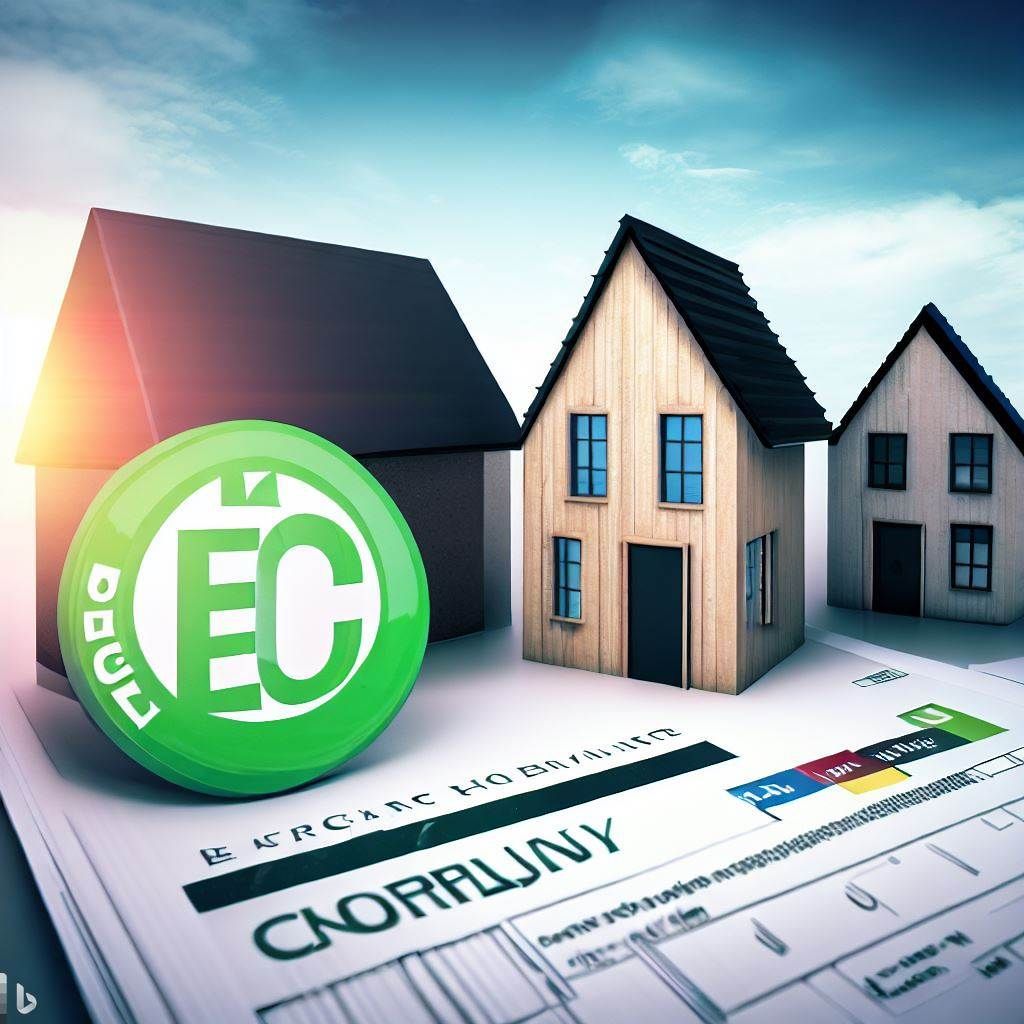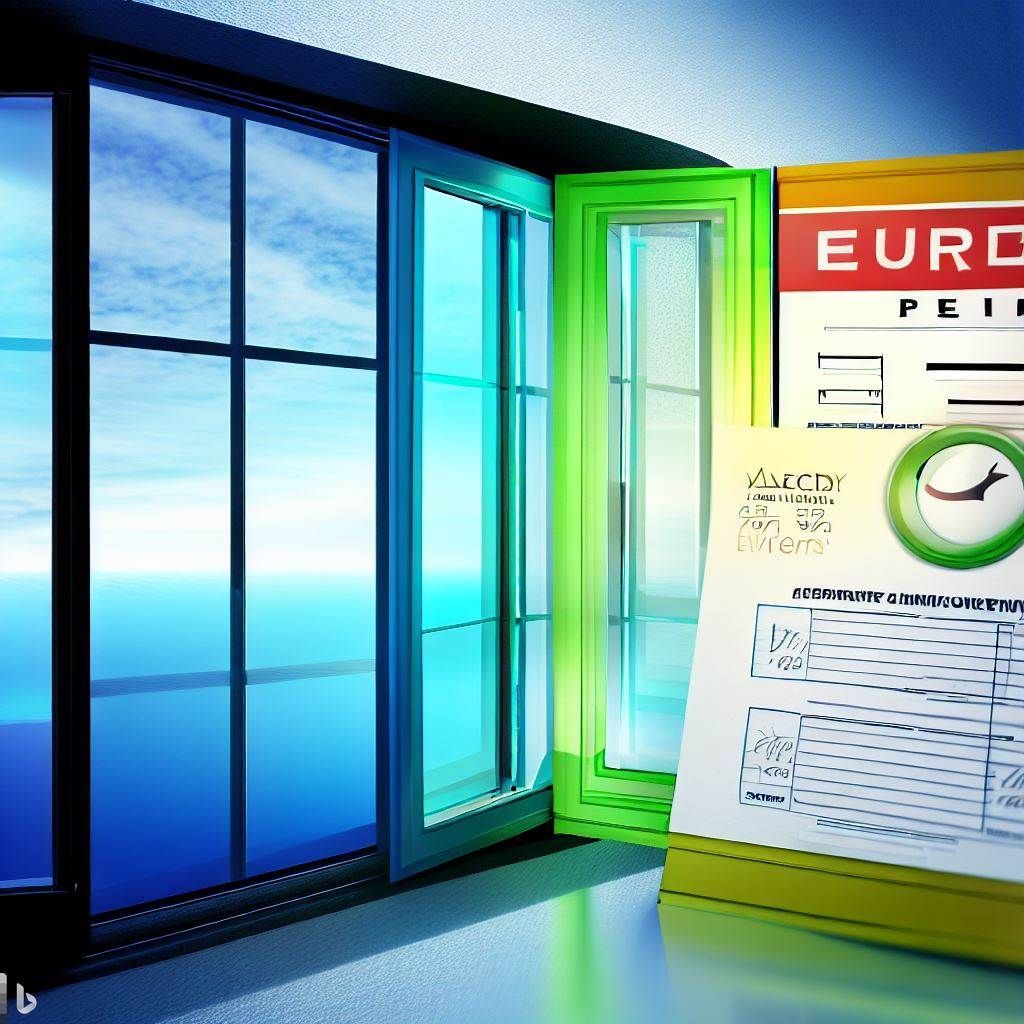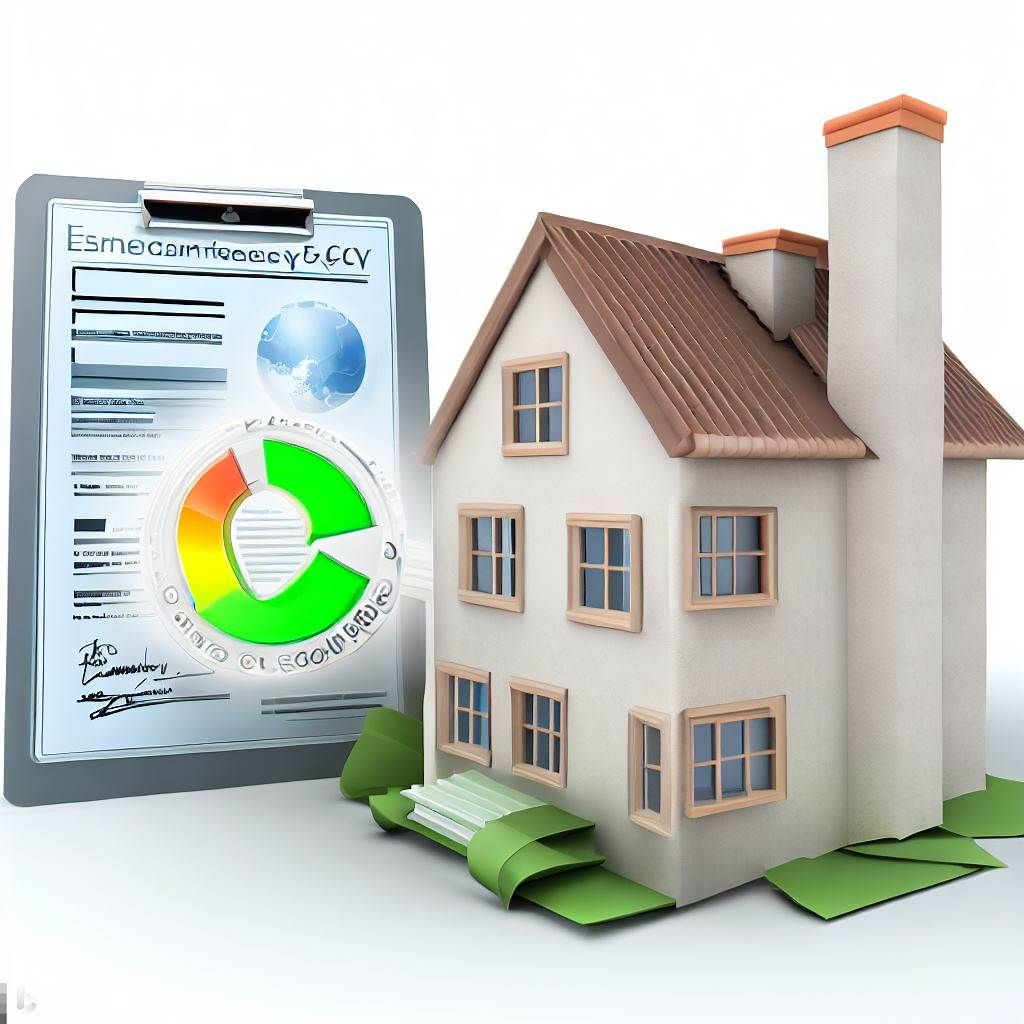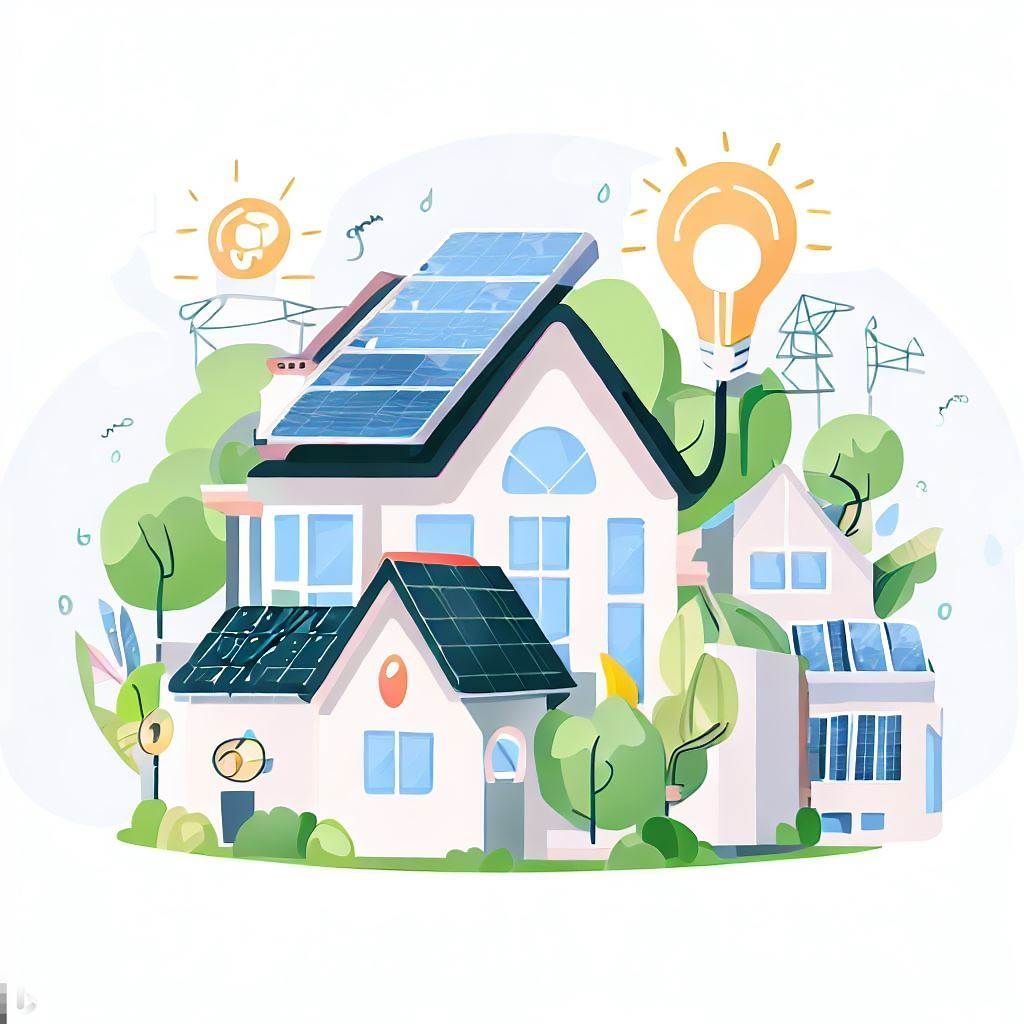Demystifying Commercial EPC Costs: What You Need to Know
My Guide To Commercial EPC Costs in 2023.

Introduction: Understanding the Importance of Commercial EPCs
In today's world, energy efficiency and sustainability have become crucial considerations for businesses. Commercial Energy Performance Certificates (EPCs) play a vital role in assessing and evaluating the energy efficiency of commercial buildings. This article aims to demystify commercial EPC costs by providing a comprehensive understanding of what they entail and why they are essential for businesses.
1. The Basics of Commercial EPCs
To comprehend commercial EPC costs, it is essential to grasp the basics of what a commercial EPC entails. A Commercial EPC is a document that provides an energy efficiency rating for a commercial building. It outlines the building's current energy performance and provides recommendations for improving energy efficiency. Understanding how commercial EPCs are calculated and the significance of energy performance ratings is crucial for assessing their costs accurately.
2. Factors Influencing Commercial EPC Costs
Various factors can influence the cost of a commercial EPC assessment. These factors include:
a) Size and Complexity of the Building: Larger buildings or those with complex structures and multiple systems may require more extensive assessments, resulting in higher costs.
b) Building Type and Usage: Different types of commercial buildings, such as offices, retail spaces, or industrial facilities, have varying energy requirements and regulations, impacting the scope of the assessment and associated costs.
c) Age and Condition of the Building: Older buildings may require additional inspections and evaluations to determine energy efficiency, potentially increasing the cost of the assessment.
d) Energy Efficiency Measures Implemented: If energy-saving measures have already been implemented in the building, the assessment may be less complex, leading to lower costs.
Understanding these factors helps businesses estimate the potential costs associated with their commercial EPC assessment.
3. Cost Breakdown: Components of Commercial EPC Expenses
To understand the overall cost of a commercial EPC assessment, it is essential to consider the various components that contribute to the expenses. These components include:
a) Assessment Fees and Accreditation Costs: There are fees associated with hiring a qualified energy assessor to conduct the assessment and obtain the necessary accreditation.
b) Data Collection and Analysis Expenses: Gathering information about the building's energy consumption, systems, and construction details requires time and resources, contributing to the assessment costs.
c) Site Visits and Surveys: Assessors need to visit the building site to inspect and collect data, conduct measurements, and evaluate energy systems, which adds to the overall assessment expenses.
d) Report Generation and Documentation: After the assessment, a detailed report is generated, outlining the energy performance rating and providing recommendations. The time and effort involved in creating the report contribute to the cost.
By understanding these cost components, businesses can better plan and allocate their resources for a commercial EPC assessment.
4. The Benefits of Investing in Commercial EPCs
While commercial EPC assessments come with costs, they also offer several significant benefits for businesses. These benefits include:
a) Compliance with Energy Efficiency Regulations: Many countries and regions have implemented energy efficiency regulations that require businesses to obtain and display a valid EPC. Compliance with these regulations is essential to avoid penalties and legal issues.
b) Potential Energy Savings and Cost Reductions: Implementing the recommended energy efficiency measures from the EPC can lead to substantial energy savings, reducing operational costs in the long run.
c) Improved Building Performance and Comfort: Enhancing energy efficiency not only reduces energy consumption but also improves indoor comfort and occupant satisfaction, positively impacting productivity and well-being.
d) Enhanced Market Value and Tenant Attraction: Energy-efficient buildings have a higher market value and are more attractive to tenants who prioritise sustainability and reduced operating costs.
Understanding the long-term benefits of investing in commercial EPCs helps businesses assess the value proposition and make informed decisions.
5. Understanding the Return on Investment (ROI) for Commercial EPCs
Calculating the return on investment (ROI) for commercial EPC assessments is essential for businesses. Evaluating the payback period, considering long-term savings and benefits, and comparing the costs with the potential energy savings help determine the financial viability of the investment. Understanding how to assess the ROI allows businesses to make strategic decisions regarding energy efficiency improvements.
6. Strategies for Managing Commercial EPC Costs
To manage commercial EPC costs effectively, businesses can employ several strategies, including:
a) Obtaining Multiple Quotes and Comparing Providers: Requesting quotes from different energy assessors and comparing their offerings helps businesses find the most cost-effective option without compromising on quality.
b) Exploring Funding and Incentive Programs: Many governments and organisations offer funding and incentive programs to support energy efficiency initiatives. Researching and leveraging these programs can help offset the costs of commercial EPC assessments.
c) Planning for EPC Assessments during Building Renovations: If businesses are already planning renovations or upgrades for their commercial building, integrating the EPC assessment into these projects can help streamline the process and reduce costs.
By adopting these strategies, businesses can optimise their commercial EPC costs while reaping the benefits of improved energy efficiency.
7. Conclusion: Making Informed Decisions about Commercial EPC Costs
Demystifying commercial EPC costs allows businesses to make informed decisions regarding energy efficiency and sustainability. By understanding the basics of commercial EPCs, the factors influencing their costs, the breakdown of expenses, and the benefits and ROI, businesses can assess the value of investing in EPC assessments. Furthermore, employing strategies to manage costs ensures that businesses optimise their resources while promoting energy efficiency and reducing environmental impact.
